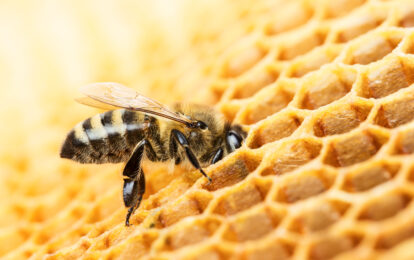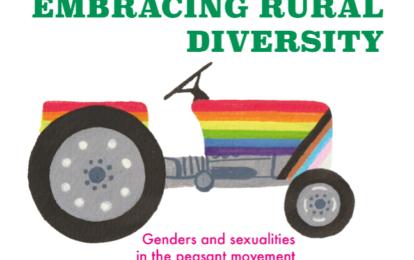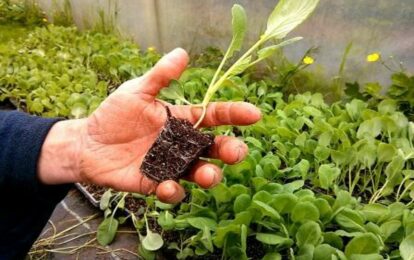ORFC 2026 8 – 9 Jan
ORFC 2026 8 – 9 Jan
The availability of raw milk can be very beneficial to a local community as well as a valuable part of a small scale, agroecological and/or mixed farm, but taking the leap into starting a raw milk dairy can be daunting.
It seems everyone agrees we need a massive increase in vegetable and fruit production and consumption in the UK: for healthier kids and adults; to become more self-sufficient and stop exporting our global footprint; as a core part of the transition to agroecological farming systems; to rebuild local food economies - the list goes on. But how should this be supported and what are the lessons from innovators already doing this?
With farming policy deferred to the nations, and a Welsh government that has put a renewed emphasis on building a sustainable and vibrant local food production environment, are there lessons to be learned from Wales? This session considers why new enterprises are emerging today, and how horticultural enterprises can champion local, regional and national identity.
Nature is being financialised. From climate change mitigation to the biodiversity crisis, mainstream environmentalism is turning towards nature commodification as the solution. The hope is that private investors and state actors will release badly needed resources into ‘nature positive solutions’ - if that exercise returns a profit.
It is no longer enough to simply conserve what we have. The living ecosystems that sustain us are unravelling, and are in urgent need of restoration. In this need, humanity can find a new role as 're-weavers' of diversity; a keystone species for ecological resurgence. Taking up this new mantle will require us to undo not only the ecological harms of industrial colonialism, but also the psychological, social and political damage that has caused us…
Join us to hear Brazilian and British funders and grantees have an inspiring and transparent conversation about what is needed to enable innovative solutions to be experimented with and practised. Trust-based philanthropy has been shown to be an effective strategy to support those on the ground to make effective decisions about how to invest their capital, address their real needs, and build relationships of reciprocity that go way beyond the capital itself.

Food sovereignty for all people cannot be achieved unless structural inequalities in food systems are identified and redressed. In the current society in which discrimination, oppression and corporate power are normalised and where right-wing agendas are advancing, bodies and identities differing the normative order are targeted. Women farmers have long struggled for their rights to be integrated into policies and legal instruments designed to guarantee their rights to food, land, work and social security.
…
In this session, Claire Ratinon and Rachel Solnick will discuss their two very different experiences of identity, diaspora and displacement in relation to land work. Chaired by Jo Kamal, this conversation will see where Claire’s Mauritian Kreyol heritage and Rachel’s Jewish Diasporist identity converge in order to explore what it means to work the land when our ancestral relationship to the earth has been disrupted and how diasporic peoples might - in reclaiming the role…
The last decade has seen strides made in sales of peat-free growing media in amateur horticulture, though voluntary targets set by the government failed to mobilise the industry to phase out sales by 2020. In commercial organic horticulture, a voluntary target has been set to end the use of peat in growing media by 2024, ahead of Defra’s 2028 target for professional horticulture. However, the challenge remains to find affordable alternatives with the physical and…
